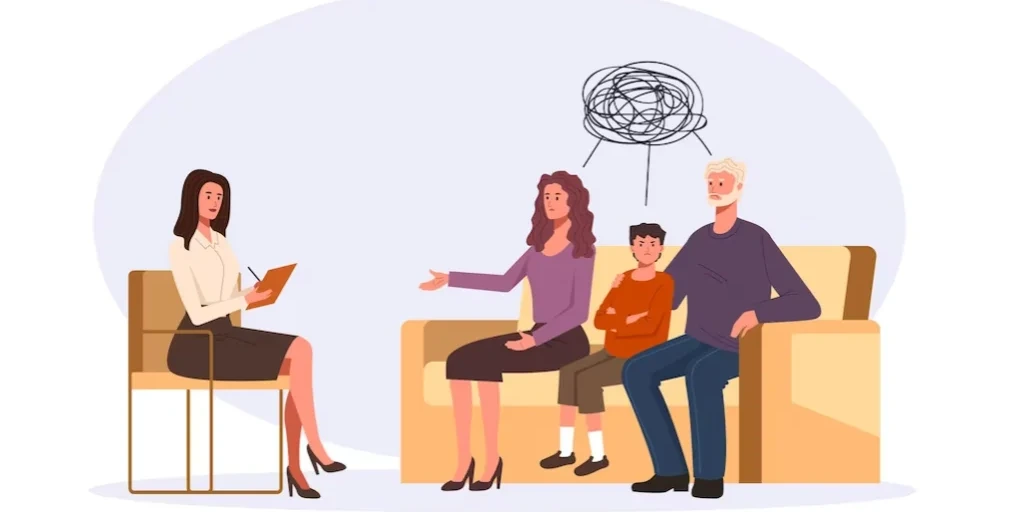24/7 Helpline:
(866) 899-111424/7 Helpline:
(866) 899-1114
Learn more about Klonopin Rehab centers in Beverly Hills
Klonopin Rehab in Other Cities

Other Insurance Options

EmblemHealth

Holman Group

Multiplan

Aetna

Highmark

CareFirst

WellCare Health Plans

Ceridian

Regence

United Health Care

Magellan

American Behavioral

Molina Healthcare

MHNNet Behavioral Health

BHS | Behavioral Health Systems

Optum

BlueShield

Meritain

Covered California

Health Net

The Holistic Sanctuary
Most Exclusive Healing Center In The World. The Holistic Sanctuary is a Luxury Healing Center based ...

The Control Center
The Control Center provides state of the art mental health and addiction treatment in an intensive o...

Waismann Method – Opioid Detox Treatment
Waismann Method is a renowned drug treatment center for opiate dependency and rapid drug detox. Wais...

Ambrosia Treatment Center
Ambrosia Treatment Center offers detox, residential treatment and after care for adults suffering fr...

Safe Haven Recovery
Safe Haven Recovery Addiction Residential Treatment Center in Beverly Hills, California has been pro...










































AA – Alcoholics Anonymous – Alternatives
AA – Alcoholics Anonymous – Alternatives is a non-profit rehab located in Beverly Hills, California....

Addiction Alternatives A Division of Life Management Skills
Addiction Alternatives A Division of Life Management Skills is a private rehab located in Beverly Hi...

Los Angeles Rehab
Los Angeles Rehab is a private rehab located in Beverly Hills, California. Los Angeles Rehab special...

Let’s Talk Recovery
Let’s Talk Recovery is a private rehab located in Beverly Hills, California. Let’s Talk Recovery spe...

Rossmore Alcohol & Drug Recovery
Rossmore Alcohol & Drug Recovery is a private rehab located in Beverly Hills, California. Rossmore A...

Center for Discovery Beverly Hills
Center for Discovery Beverly Hills is a private rehab located in Beverly Hills, California. Center f...

Global Hyperbaric Oxygen Therapy
Global Hyperbaric Oxygen Therapy is a private rehab located in Beverly Hills, California. Global Hyp...





